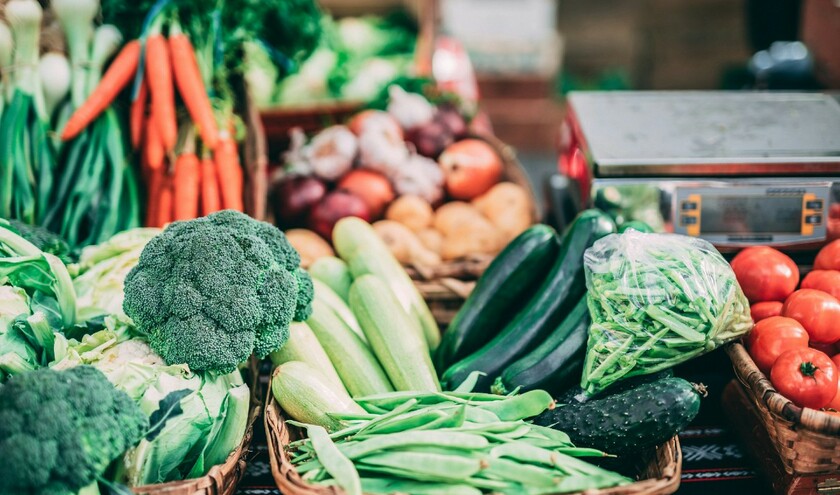The government is giving £8.5m funding to six projects, through UK Research and Innovation (UKRI), aimed at improving the accessibility of nutritious food and potentially tackling food waste, by making good food more available to people who need it.
One project is based in Liverpool, where researchers are investigating the factors that influence the diets of people living in social housing and creating a mapping tool to help direct a mobile greengrocer - the Queen of Greens - to visit areas where social housing residents have limited access to fresh, nutritious food.
The research will expand and help target its route to ensure it reaches residents in social housing who may find it harder to access healthier options in their neighbourhoods.
In some areas, the project will also include the offer of fruit and vegetable vouchers, provided by the Alexandra Rose Charity, for residents to make purchases on the Queen of Greens. The researchers will measure how diet and health changes as a result and then use a computer model to predict the broader impacts on health and accessibility to healthy foods if these interventions were rolled out across the country.
Science and Technology Secretary Peter Kyle said: ‘No one in this country should be left unable to access the healthy food they need – which is why interventions like the Queen of Greens are so important – and measuring their impact is so vital.
‘These projects will draw on the power of research to actively explore the best ways to get healthy food into the mouths of those who need it, potentially having a transformational effect on people's lives, and fulfilling the missions set in our Plan for Change.'
It also comes as the government develops an ambitious new food strategy, led by the Department for Food and Rural Affairs (Defra) and which will work to improve our food system by building resilience in the face of climate shocks and geopolitical changes and protecting the supply chain which operates so effectively to keep us fed.
Professor Alison Park, Deputy Executive Chair of the Economic and Social Research Council (ESRC), part of UK Research and Innovation (UKRI), said: ‘Everyone should have access to healthy, nutritious food but we know the number of food insecure households across the UK is increasing. These innovative projects from across the UK – from Wales to Dundee, Nottingham to the Isle of Wight – will go a long way in helping us understand how to tackle food inequalities and what interventions really make a difference.
Other projects will see two ‘state-subsidised eateries be piloted in Dundee and Nottingham to provide universal access to nutritious and sustainably produced foods in social settings and the role of community food markets in areas of Glasgow with limited access to grocery stores will be assessed.
In addition, improving the nutritional content and take-up of free school meals and comparing school food systems across the UK will be the focus of a project led by academics in Wales.
Meanwhile, across England, workshops will be delivered in local authorities with more deprived populations. The main focus of the project will be to work with local authorities to develop and implement new policies to reduce local food inequalities.



